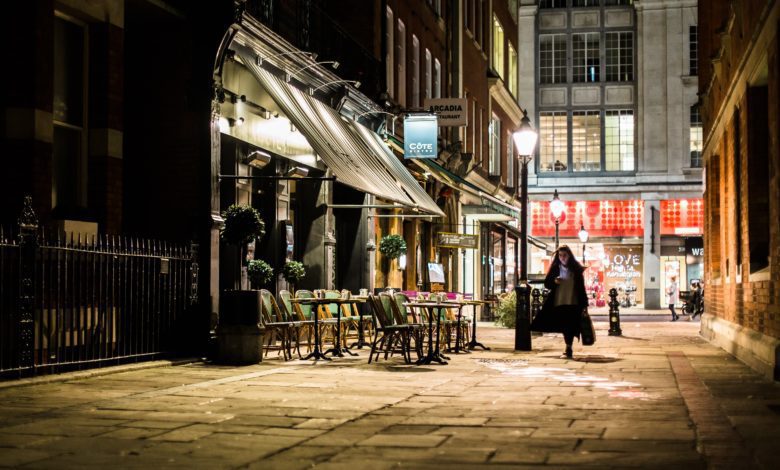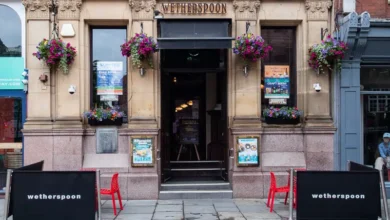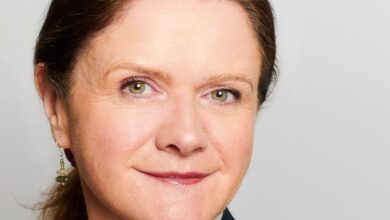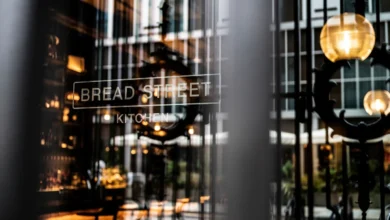Rising food prices push inflation back to 10.1%
The largest upward effects came from bread and cereals, meat products, and milk, cheese and eggs

Register to get 1 free article
Reveal the article below by registering for our email newsletter.
Want unlimited access? View Plans
Already have an account? Sign in
Inflation has returned to the 40-year high of 10.1% in September, up from 9.9% in August, with rising food prices as the main contributor, according to the latest figures from the Office for National Statistics (ONS).
The increase to the annual inflation rate in September 2022 reflected, principally, rising food and non-alcoholic beverage prices. There were also increases from hotel overnight stays, and from furniture and household goods. A large partially offsetting, downward effect came from the price of motor fuels in the transport section.
The ONS added that the increase in the annual rate for food and non-alcoholic beverages between August and September 2022 was driven by price movements across eight of the more detailed classes.
The largest upward effects came from bread and cereals, meat products, and milk, cheese and eggs, where prices rose between August and September 2022, but fell between the same two months in 2021.
Overall, food and non-alcoholic beverage prices rose by 14.6% in the 12 months to September 2022, up from 13.1% in August.
The CPIH annual rate returned to July’s level, which was last higher in the constructed historical estimates in December 1990, when it stood at 9.2%. On a monthly basis, CPIH rose by 0.4% in September 2022, compared with a rise of 0.3% in the same month a year earlier.
In addition, electricity prices rose by 54.0% and gas prices by 95.7% in the 12 months to September 2022, leading to a 1.85 percentage point contribution to the annual inflation rate from electricity, gas and other fuels in total.
Commenting, UKHospitality chief executive Kate Nicholls said: “The sky-high levels of inflation we’re seeing are continuing to put the hospitality sector under huge pressure and businesses across the country will be fighting to survive the winter.
“With the September inflation figures traditionally being used to set tax changes and rates for the following year, there is a real risk that hospitality businesses will face an enormous cliff-edge in April if these numbers are used to hike the business rates tax level. Such an increase at the same time as the risk of business rates reliefs ending could prove fatal for many.”
She added; “With hospitality inflation contributing heavily to the overall inflation rate, we now risk an inflationary spiral where our higher costs lead to higher taxes which lead to even higher prices.
“As well as needing to reform the entire business rates system in the long-term, it’s now absolutely critical that business rates relief is extended for vulnerable sectors such as hospitality and that downward revaluations are realised in full.”







